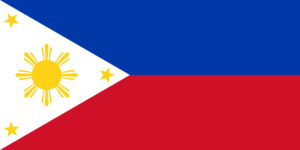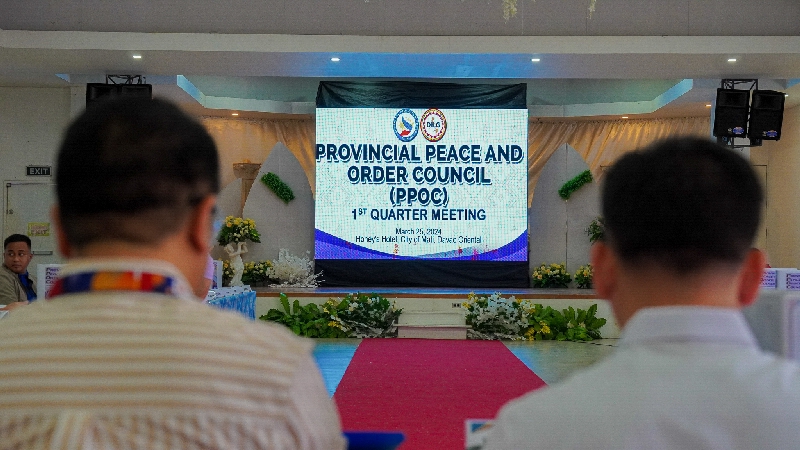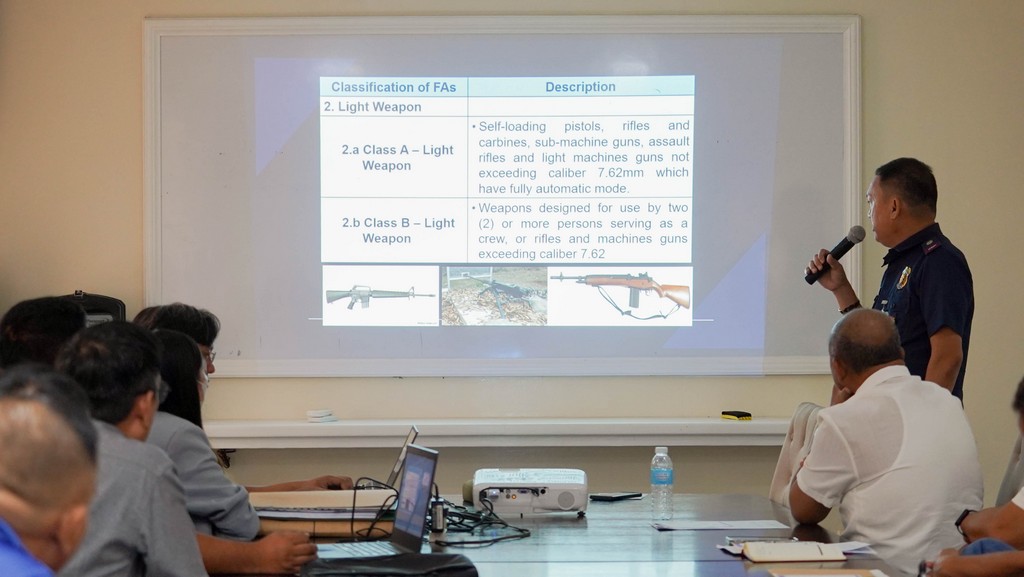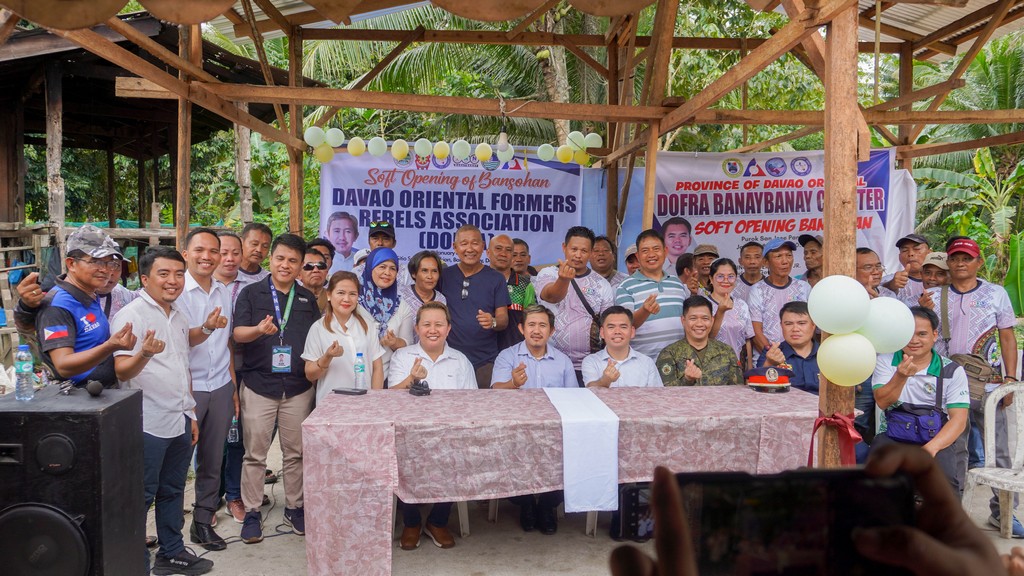MANILA – Governor Nelson Dayanghirang recently shared to his fellow governors Davao Oriental’s template on peace and order and inclusive governance during the Orientation Course: Priming Leaders for Effective Governance for Newly Elected Officials (NEO) held here.
Invited as one of the resource persons in a talkshop for the topic “Stories of Peace Champions: Conversation with Local Chief Executives,” Governor Dayanghirang explained that among the driving force that propelled Davao Oriental to successfully push through its peace and development programs is by placing peace and order at the top of the province’s development agenda and by seriously adopting a participatory and inclusive governance which all his development partners have embraced.

“From the start, we have made it clear enough that we need maximum participation of all stakeholders,” he said, of which became the basis for the crafting of the Nagkakaisang Lingkod-Bayan ng Davao Oriental (NLD) Strategy which banks on unity and convergence among all key players in pushing for the province’s development programs.
This strategy, he said, led to the expanded and deepened collaboration with government agencies, local government units, and the private sectors. He said this became handy in the implementation of his flagship program NLD-Barangay Outreach Caravan which has already provided basic and vital services to 116 out of 183 barangays. “Through the program, we have seen that everyone was actively involved in the planning, pooling of resources and streamlined implementation of different government interventions,” he added, noting convergence as the key to Davao Oriental’s successful program implementation.

He also shared his Governance Framework which promotes maximum inclusiveness by recognizing all the 15 ancestral domains and 127 Jama’ah communities as distinct territories apart from the province’s 183 barangays, which he said was vital in rallying support from the people who are the most vulnerable to the exploitation of the Communist-Terrorist CPP-NPA-NDF.
As Davao Oriental now becomes the leading province in terms of the implementation of President Rodrigo Duterte’s most recent landmark policy on peace and order— the Executive Order 70 which aims to attain sustainable peace by ending local Communist armed conflict, Governor Dayanghirang looks at expanding and deepening his Governance Framework, this time by involving all sectors of the community at the purok level.
Davao Oriental has already created its localized version of this policy through the Governor’s Executive Order 13 creating a Provincial Task Force to End Local Communist Armed Conflict (TF-ELCAC) which has a structure parallel to the national task force.

In its implementation, Governor Dayanghirang adopted Multi-sectoral Inclusive and Participatory Governance Strategy wherein workshops of different sectors will be implemented in all 183 barangays which will be done at the Purok level.
“Here, the residents themselves will identify their communities’ problems and proposed projects based on their priority needs. The output of which will be consolidated and incorporated in the Development Plans of the Barangay, Municipality, and the Province who will explore opportunities for funding,” he said.
He said these efforts are all anchored to curbing poverty, which is one of the primary issues being exploited by the communist-terrorist group to gain sympathy from the masses.
He added that all these efforts stemmed from the Provincial Government’s belief that “Insurgency is not just a military problem but also a political problem. And there is no better way to address insurgency other than good governance.”
Spearheaded and organized by the Department of the Interior and Local Government through its training arm the Local Government Academy, the program is implemented under the Program for Newly-Elected Officials (NEOs) which aims to strengthen the capability of local government through the shaping of leaders for a peaceful, resilient, and sustainable development.
The three-day activity, which started since Monday, July 8 in Manila, is divided in six modules with scores of topics covering all areas essential for local governance. Photos By Karen Lou Deloso




